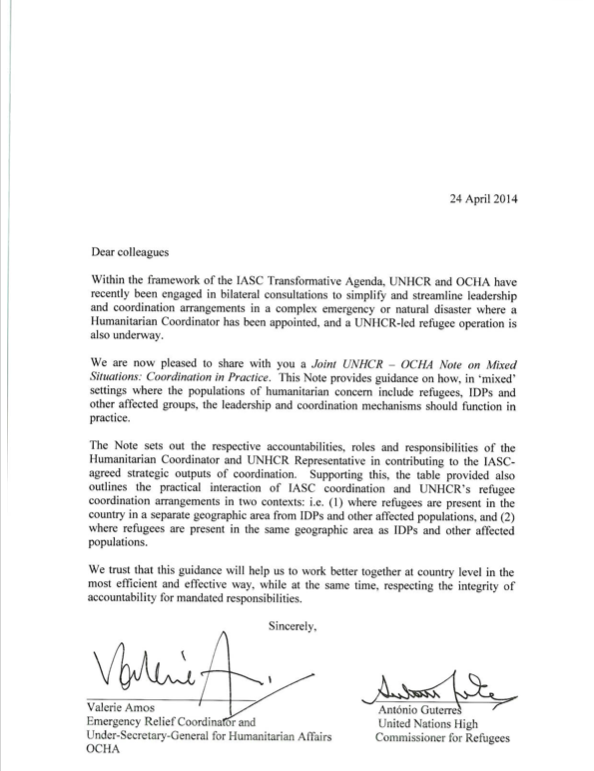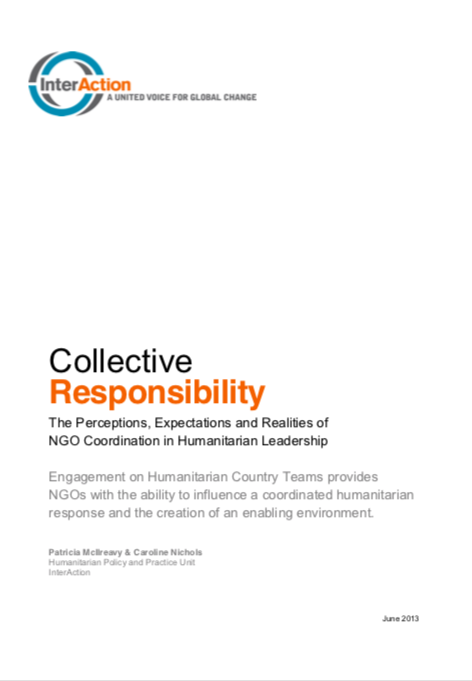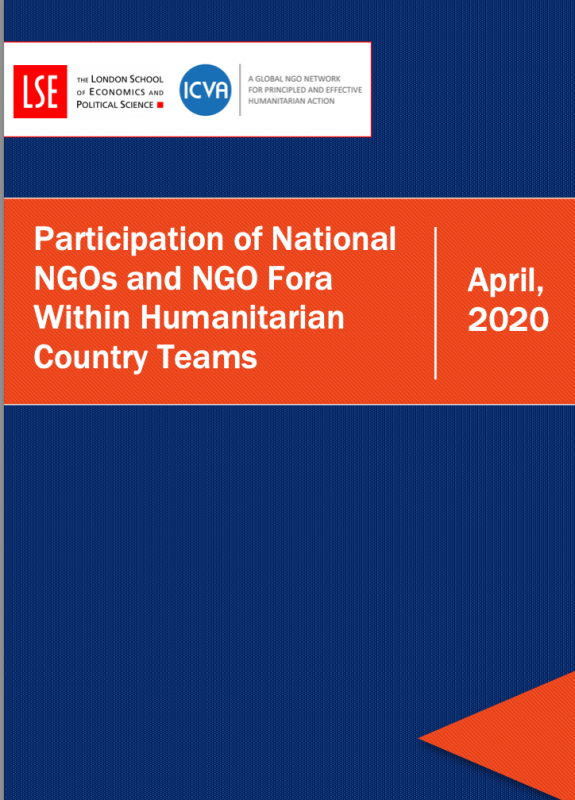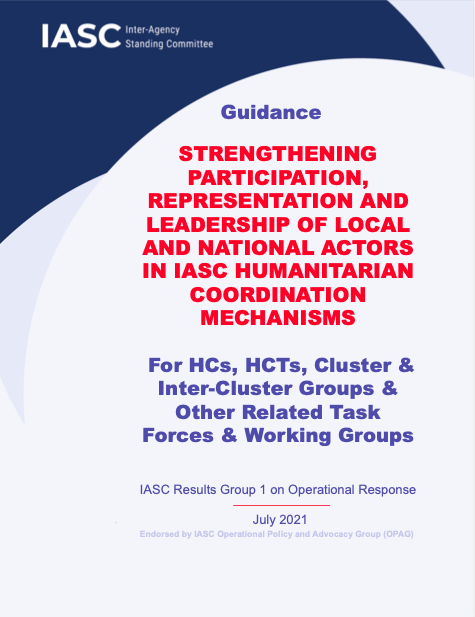
Joint UNHCR-OCHA Note on Mixed Situations, Coordination in Practice
Humanitarian coordination
This note clarifies leadership and coordination arrangements in the situation where a complex humanitarian emergency or natural disaster is taking place, a Humanitarian Coordinator has been appointed, and a UNHCR-led refugee operation is also underway. The detailed accountabilities, roles and...




